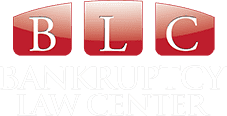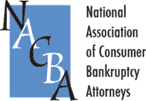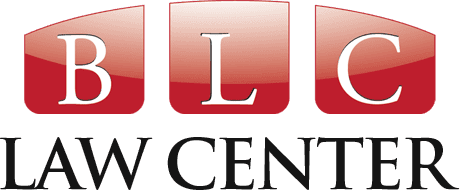
Filings for Chapter 11 bankruptcy jumped by 48% when compared to last year, according to the American Bankruptcy Institute. The COVID-19 pandemic has caused significant economic hardship for businesses and private individuals alike. In April, chapter 11 bankruptcy filings increased by 28%. Experts anticipate more bankruptcy filings as the coronavirus shutdowns continue in many states, causing increased economic harm.
What is Chapter 11 Bankruptcy?
The most common type of bankruptcy, chapter 11 bankruptcy is often called reorganization bankruptcy. To begin the process, the applicant must petition the bankruptcy court. During the Chapter 11 bankruptcy process, the court will examine your assets and liabilities. Either your creditors or you have a right to file a petition for Chapter 11 bankruptcy. Creditors may not pursue existing or new collection activities for debts that are unpaid without first receiving a modification to the stay from the court.
After filing a petition for bankruptcy, the individual or the business will be able to continue about their business without much interruption. The debtor will need to work out a repayment plan of which the court approves. The amounts for repayment are usually lower than the original debt totals. A debtor may review the claims of its creditors and object when necessary.
What are the Benefits of Filing for Chapter 11 Bankruptcy?
Individuals and businesses can qualify for Chapter 11 bankruptcy, though Chapter 11 bankruptcies were originally intended for businesses. The regulations surrounding chapter 11 bankruptcies give small businesses the advantage of more time to file a plan. It also gives them more time to renegotiate the terms of the creditors. For example, under a chapter 7 bankruptcy, the debtor only has 15 days, but with a chapter 11 bankruptcy, the debtor has 180 days.
Filing for Chapter 11 Bankruptcy as an Individual
Typically when individuals file for chapter 11 bankruptcy, they are filing for real estate investment reorganization. Sometimes, individuals file when the amount of their unsecured debts is too high to qualify for relief through the preferable Chapter 13 bankruptcy. Otherwise, it is rare for individuals to file for Chapter 11 bankruptcy. Real estate investors can rewrite their mortgages through Chapter 11 bankruptcy.
The debtor can use the principal balance on the mortgage and lower it to the value of the property. Debtors can also reduce the interest rate on their property and extend the repayment terms, sometimes to another 360 months. This can be incredibly helpful and result in lower mortgage payments. The reduction in payments can give the individual a chance some time to catch up on bills.
Contact an Experienced San Diego Bankruptcy Lawyer
If you are concerned about not being able to pay your bills and you feel overwhelmed, you are not alone. At Bankruptcy Law Center, our legal team can help you determine how best to proceed and which type of bankruptcy works the best for your unique situation. Contact us today to schedule your initial consultation.










